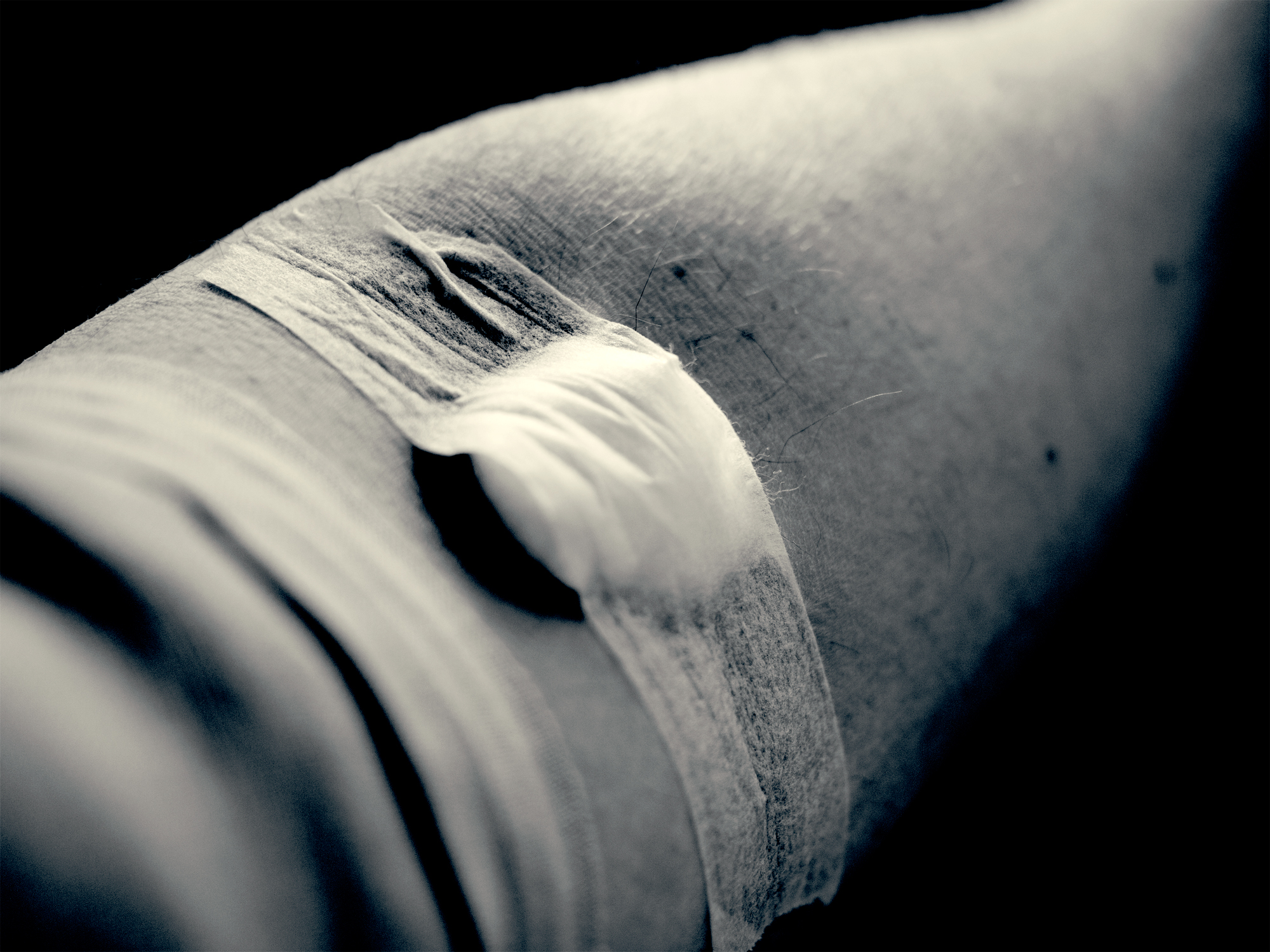Cancer is one of the most common causes of death. It affects millions of people around the world every year. Cancer accounts for one in four deaths in the United States alone. There are hundreds of types of cancer, and breast cancer is one of the most prevalent. For all types of cancer, if an individual has already been treated for a type of cancer, there is still a possibility that the cancer could relapse (come back) with new or extra mutations and become even harder to treat than the first time. It is crucial for doctors and patients to know whether a cancer could relapse before any visible signs appear in order to have time to prepare for additional treatment for the cancer relapse. A new blood test was developed to help detect breast cancer relapses, and it may be very helpful in preparing for the treatment for these difficult relapse cases. The blood test recognizes cancer DNA in the bloodstream and can detect very small remnants of therapy-resistant cancer cells.
Image Source: Andrew Brookes
Researchers in the United Kingdom from the Institute of Cancer Research (ICR) and the Royal Marsden NHS Foundation Trust monitored 55 women who had seemingly successful treatments of early stage breast cancer; all of these women’s treatments involved chemotherapy followed by different surgeries. All of the women had blood tests after their surgeries, and had more blood tests every six months as follow-ups.
It was discovered that women who had traces of tumor DNA in their blood had 12 times the risk of having a relapse than those who did not. In addition, the relapse was detected on an average of 7.9 months before any clear symptoms appeared. Some breast cancer relapse symptoms typically include nipple discharge and skin inflammation. The blood test detects mutations by using a method called “mutation tracking”; researchers made a digital PCR test that was individually tailored to the mutations found in each patient’s cancer to detect the mutations of a certain patient’s cancer. The test can be applied to the many sub-types of breast cancer and is one of the first blood tests to be able to detect the recurrence of cancer before anything even shows up on a hospital scan. It will take a few more years until a blood test like this can actually be used in hospitals, but hopefully it will be ready in the near future after many improvements are made.
Feature Image Source: Blood test by David__Jones










